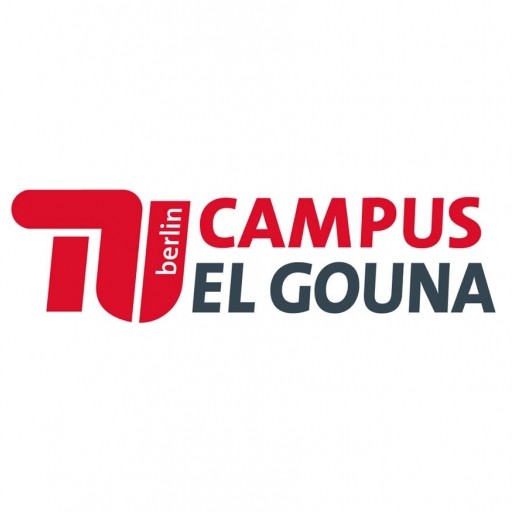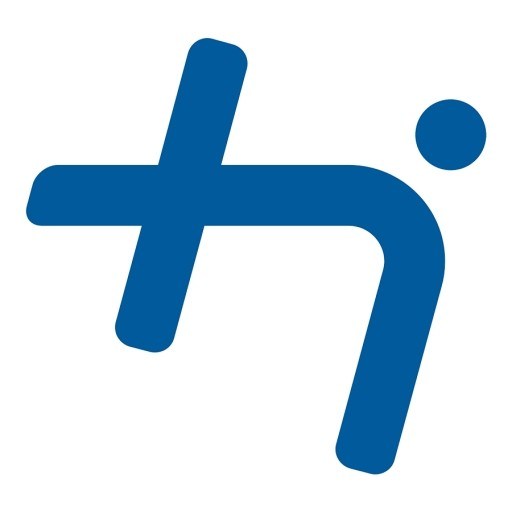Photos of university / #unigoettingen
The Master of Science in Applied Computer Science at the University of Göttingen is a comprehensive advanced degree program designed to equip students with the theoretical knowledge and practical skills necessary to address complex challenges in the field of computer science. This program emphasizes the application of computational techniques across a broad spectrum of domains, including data analysis, software development, artificial intelligence, machine learning, computational models, and cybersecurity. Students will explore a range of topics through a combination of rigorous coursework, innovative projects, and research activities, fostering a deep understanding of both fundamental principles and emerging technologies. The curriculum is structured to provide flexibility, allowing students to tailor their studies according to their individual interests and career aspirations. It combines core modules in algorithms, programming languages, and systems architecture with specialized electives in areas such as data science, human-computer interaction, and network security. The program also encourages interdisciplinary collaboration and industry engagement, offering opportunities for internships, collaborative projects, and thesis work in close partnership with leading technology companies and research institutions. Graduates of the Applied Computer Science master's program are well-prepared for careers in software engineering, data analysis, research and development, and technical consulting, or for pursuing further academic research in PhD programs. The University of Göttingen's strong emphasis on research and innovation provides students with access to cutting-edge laboratories, expert faculty, and a vibrant academic community dedicated to advancing the field of computer science. This program aims to develop highly competent professionals capable of designing, implementing, and managing complex computer systems, and contributing to the technological progress that drives modern society.
Educational organisation
The Master's course of studies encompasses 120 ECTS credit points (C). These 120 C are divided among the following fields - Core Curriculum (30 C), Professionalisation (60 C), Master's thesis (30 C).The Master's course of studies does not include any mandatory study modules. Instead, students arrange with their mentor individually tailored, goal-oriented course schedules within the scope of the study and examination regulations. The individual course schedules are approved by the Dean of Studies.
In the Core Curriculum, students acquire deeper knowledge of systems-oriented computer science in order to develop the professional skills to apply and expand the specialised methods of the discipline.
In terms of Professionalisation, students have the opportunity to choose between Systems-Oriented Concentration and Application-Oriented Concentration tailored to their individual and professional inclinations, as well as professional ambitions, and to acquire core job-specific and interdisciplinary skills.
While 48 C are selected from Applied Computer Science or the field of specialisation in the Application-Oriented Concentration, 30 C are selected from Applied Computer Science or the field of specialisation and 18 C may be selected from the Computer Science Core in the Systems-Oriented Concentration.
Professionalisation includes an additional 12 C key qualifications and competences.
Course objectives
The students will learn to comprehend the field of computer science and its applications scientifically. They will be able to extend existing scientific methods and findings in the field of computer science, becoming familiar with its applications as well as developing new ones. Graduating students in "Applied Computer Science" are prepared to interpret the terminologies and doctrines of system-oriented and applied computer science. They will also be able to define its characteristics and limitations.The Master's programme is research-oriented. From the second semester on, the students are mentored by the head of a research group. The mentors gradually integrate the supervised students in their research groups and introduce them to the research activities of their research groups. In addition, the mentors arrange personalised course schedules for the supervised students in order to make sure that they attain coherent qualifications profiles.
Graduating students are prepared for independent scientific work as computer scientists in business, administration, and research. The Master's programme also provides the basis for the admission to a doctoral programme in computer science.
Language requirements
English-language skills must be demonstrated by the minimum passing grade in an internationally recognised test, or by equivalent proof. The test may not be taken later than two years prior to submission of the application for admission to the Master's degree programme (date received).Proof shall be provided as follows:
a) Cambridge Certificate in Advanced English (CAE) with at least a "B" grade;
b) Cambridge Certificate of Proficiency in English (CPE) with at least a "C" grade;
c) IELTS Academic (International English Language Testing System), at least volume 6;
d) Internet-based test: Test of English as a Foreign Language (TOEFL iBT): at least 80 points;
e) written test in the Test of English as a Foreign Language (TOEFL PBT): at least 550 points;
f) UNIcert: at least level III;
g) other certificate according to the Common European Framework (CEF), at least level C1;
h) final certificate from a successfully completed degree programme conducted exclusively in the English language. The programme must have had a minimum duration of two years.
Academic requirements
As a requirement for admission to the Master's degree programme, the applicant must have completed at least a six-semester degree programme with conferral of a Bachelor's degree in a degree programme in "Computer Science", or in a closely related discipline comprising at least 180 ECTS credits. The conferral of an equivalent degree earned in a degree programme completed at a German university or a university situated in one of the Bologna signatory states also meets the requirements for admission.As prerequisite for the appropriateness of past academic achievements, proof of at least 90 credits in computer science, applied computer science, foundations in mathematics, and foundations in natural science must be furnished. It is necessary to provide proof of at least 60 credits in computer science and applied computer science and at least 15 credits in the foundations of mathematics and natural science.
Enrolment fees
Enrolment fees are approx. 300 EUR per semester. Fees include a prepaid semester ticket that entitles students to use regional trains free of charge within the federal states of Lower Saxony and Bremen, as well as city buses. Students of the University of Göttingen receive discounts for cultural events. Meals and drinks are also available at reduced prices at all university canteens.See: http://www.uni-goettingen.de/fee
Costs of living
The average cost of living in Göttingen is modest compared to other major university cities in Germany. Currently, expenses for accommodation, food, health insurance, and books reach approx. 700-750 EUR per month. Please note that fees for health insurance may vary according to age. Living expenses might be slightly higher.Job opportunities
The university supports students in finding part-time jobs in local industries and businesses. A number of student jobs are also available in the university. Please note that restrictions may apply with your scholarship or work contract.Arrival support
The International Office provides a complimentary pick-up service ("Buddy Exchange Service") from the Göttingen railway station to the student's new accommodation. German students help newly arrived students to adapt to the university and the city during their first weeks. There is also an introduction week for new international students, which provides valuable information about Göttingen and the university.See:
http://www.uni-goettingen.de/en/49307.html
http://www.uni-goettingen.de/en/196392.html
Services and support for international students
The International Office assists international students with all administrative questions regarding their stay in Germany, e.g., enrolment, visa, foreigners' registration office, health insurance, and financing of their studies. Furthermore, it features a broad cultural programme, e.g., international cultural evenings, language workshops, theatre courses, films, dance classes, theatre, and opera visits. Trips to various tourist destinations in Germany are offered throughout the year.See: http://www.uni-goettingen.de/en/48483.html
Accommodation
In collaboration with the student services organisation ("Studentenwerk"), the International Office helps students find adequate accommodation. Many international students live in student residences. These have single apartments or shared apartments with individual rooms. There are also apartments available for couples and families with children.See: http://www.uni-goettingen.de/en/364086.html









